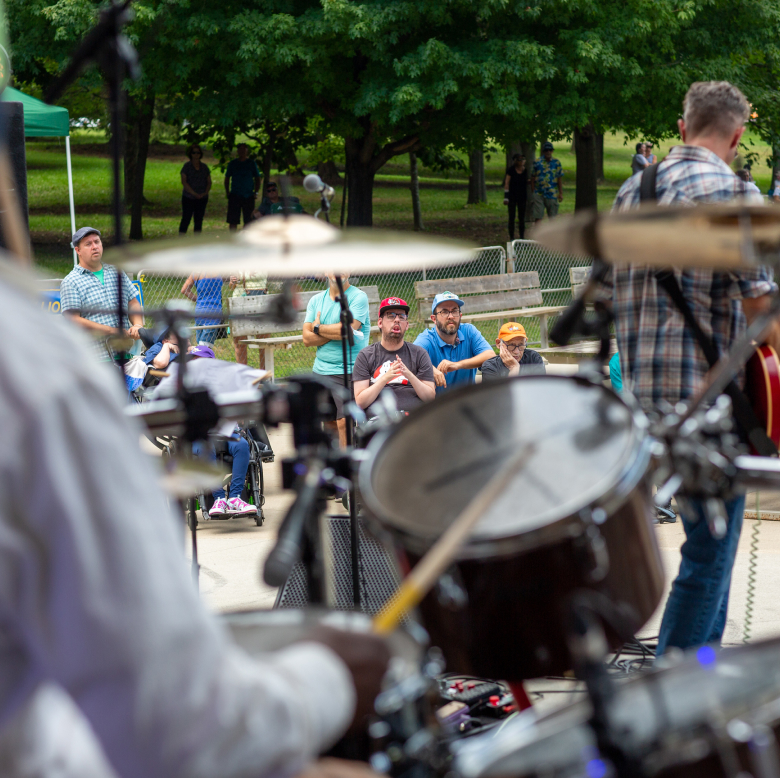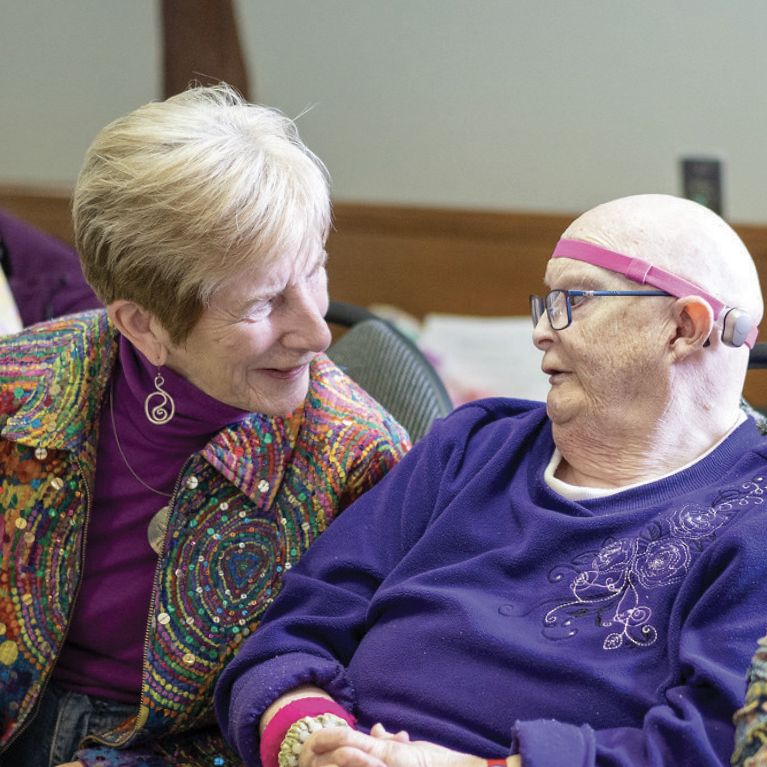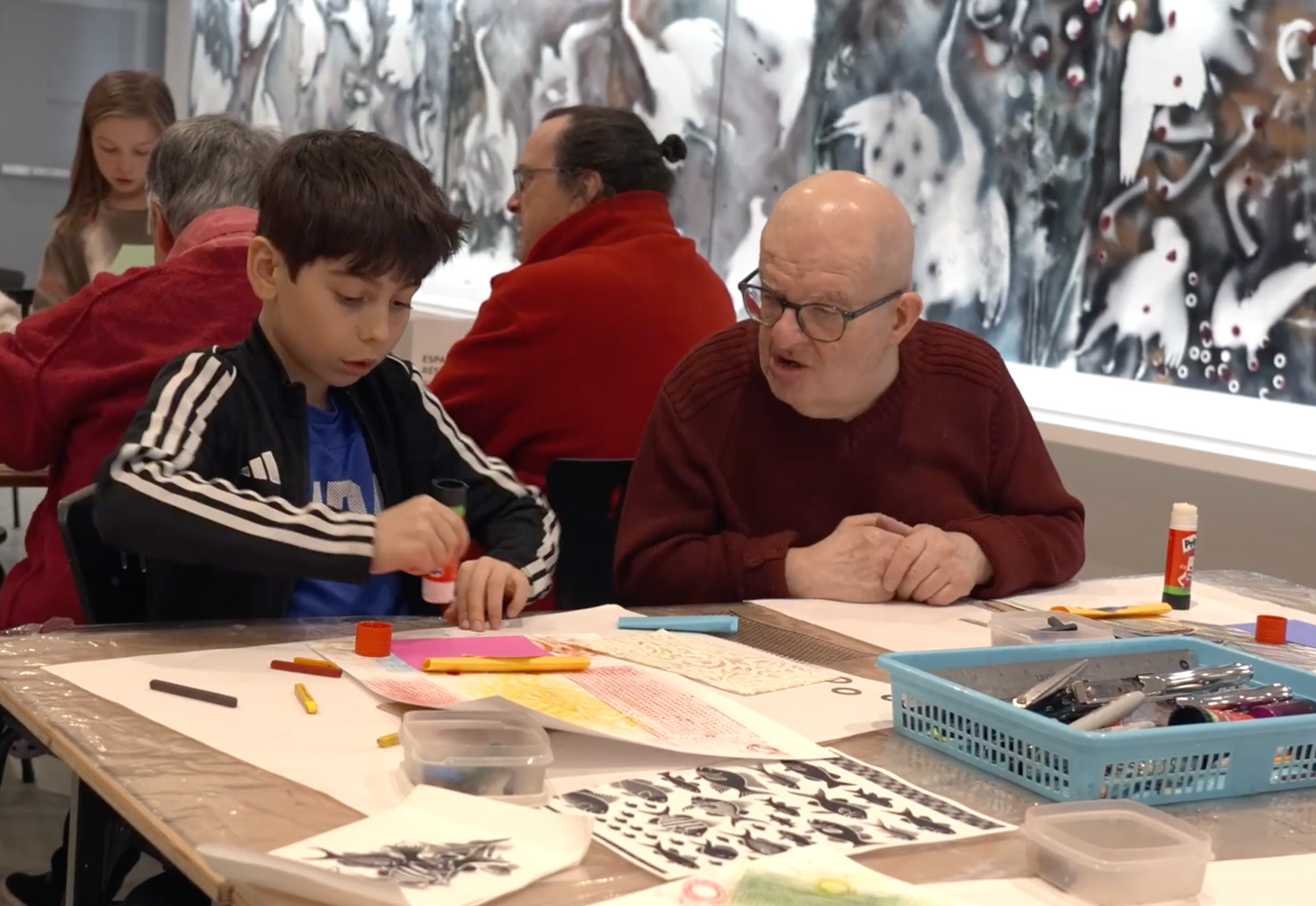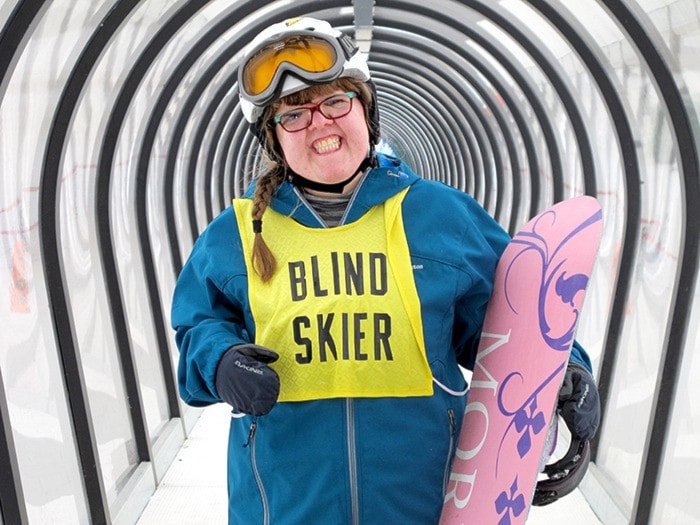Browse News & Updates

Our impact
The impact of L’Arche is personal, local, regional, national, and global
Read our annual report
Our E-Newsletter
Subscribe to receive updates, news and stories about the happenings at L’Arche!
We will only use your email address to send you our newsletter and updates. You can unsubscribe at any time.


